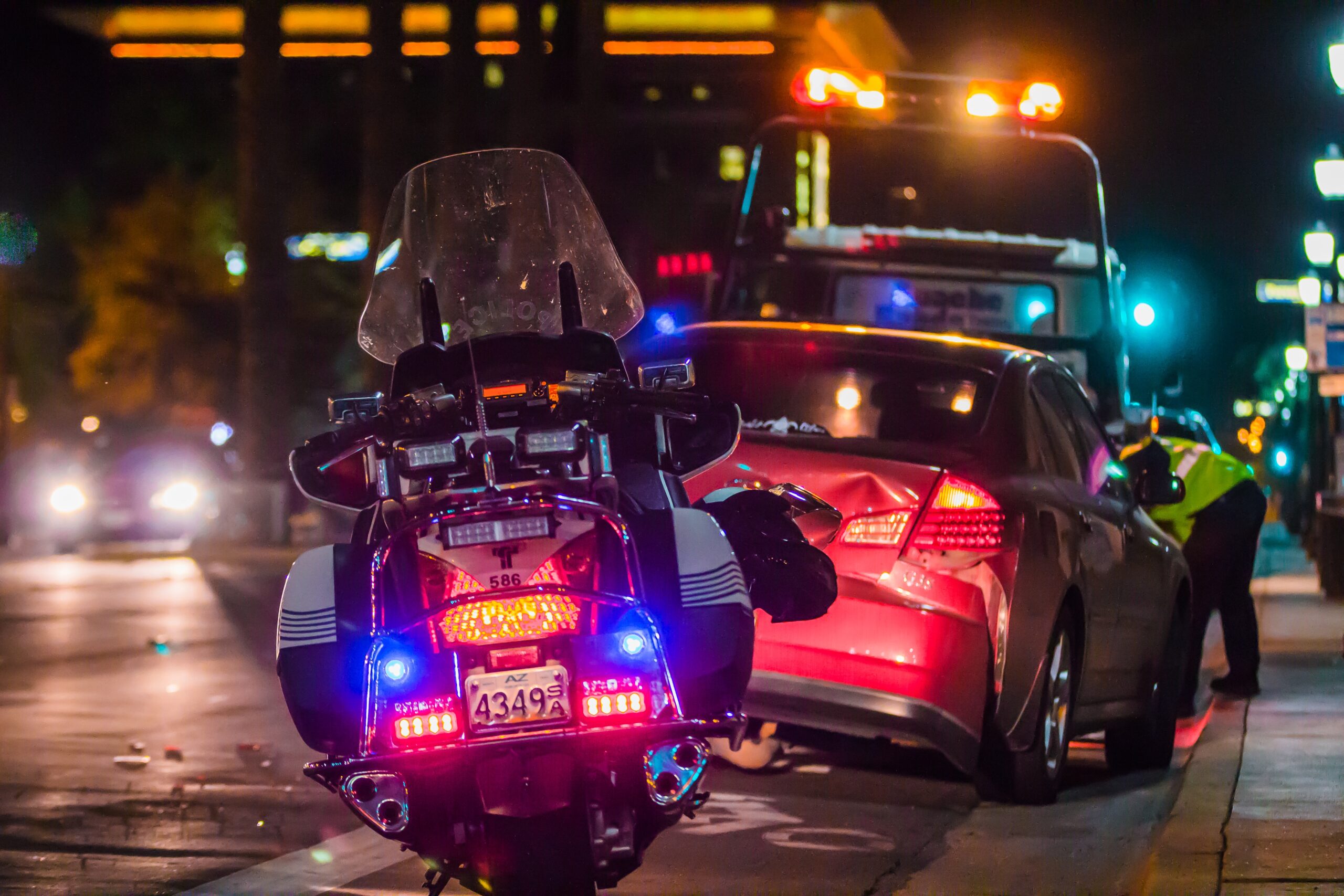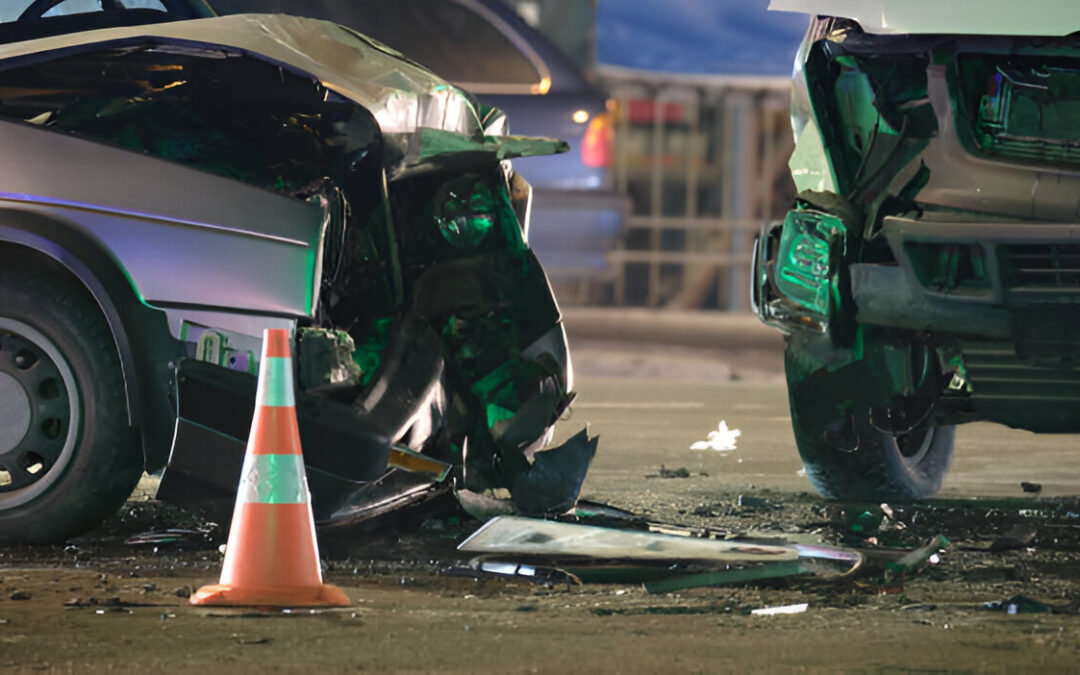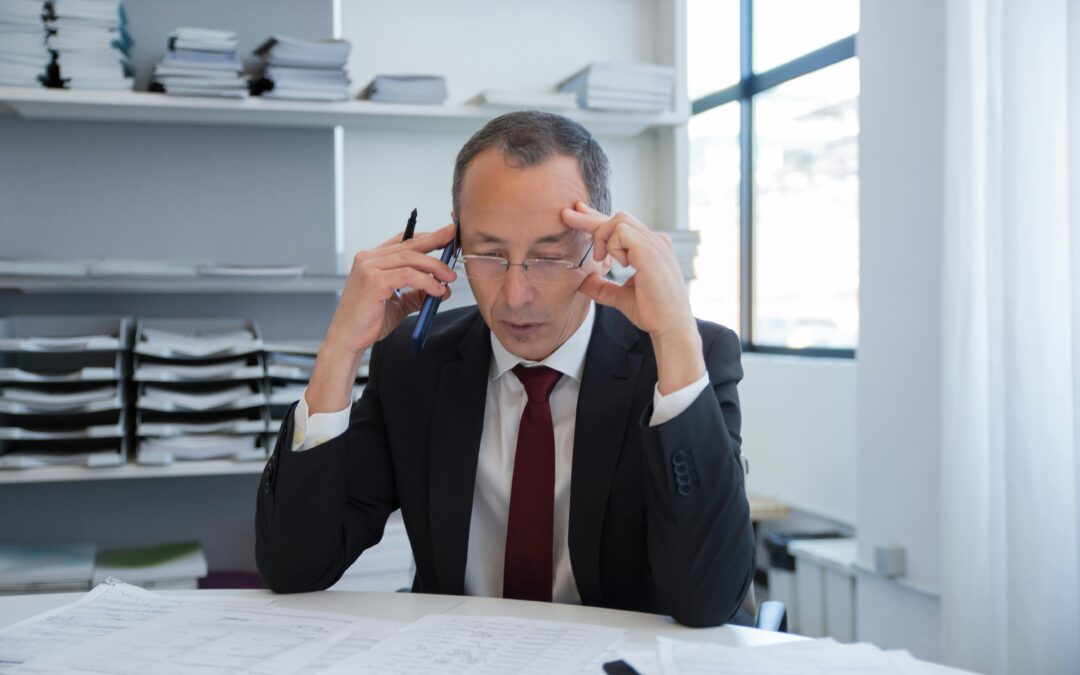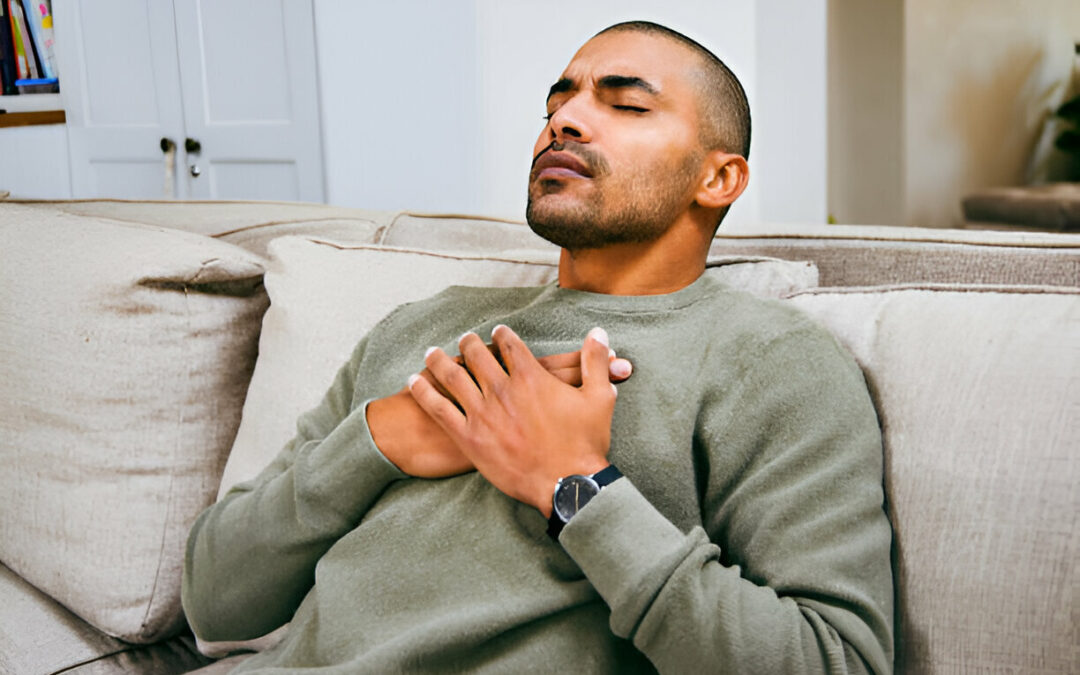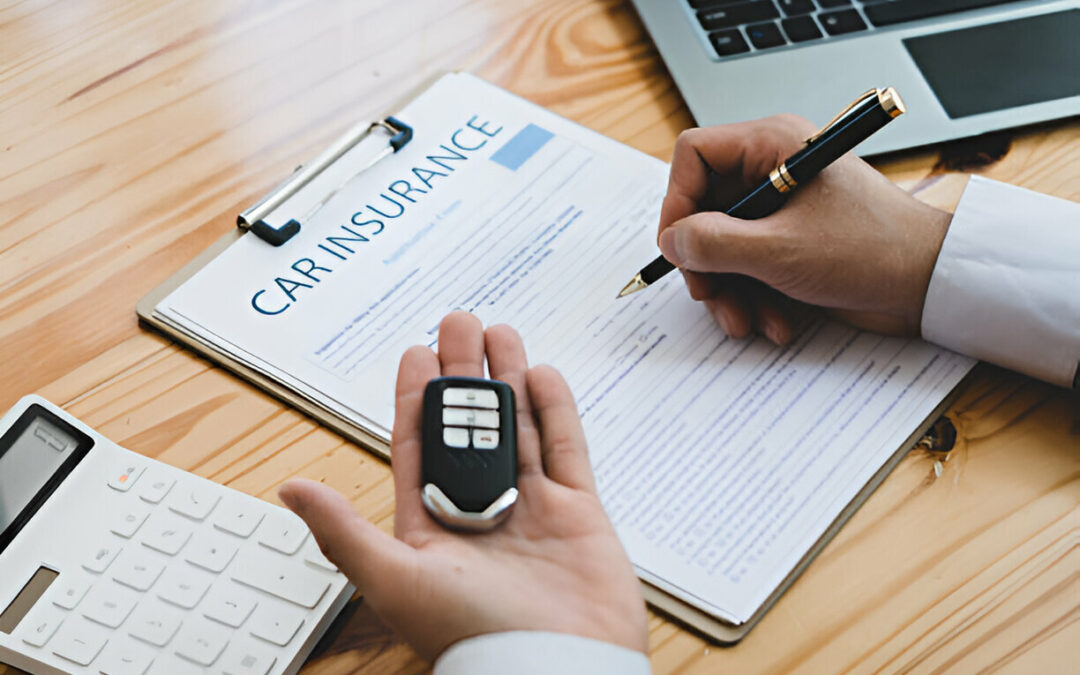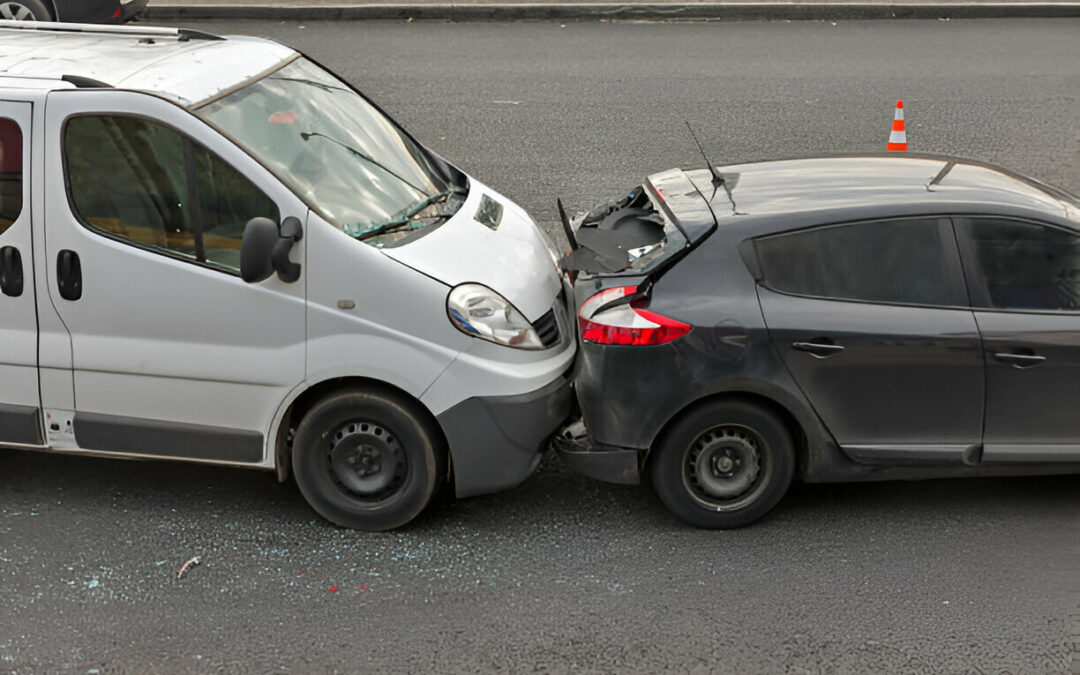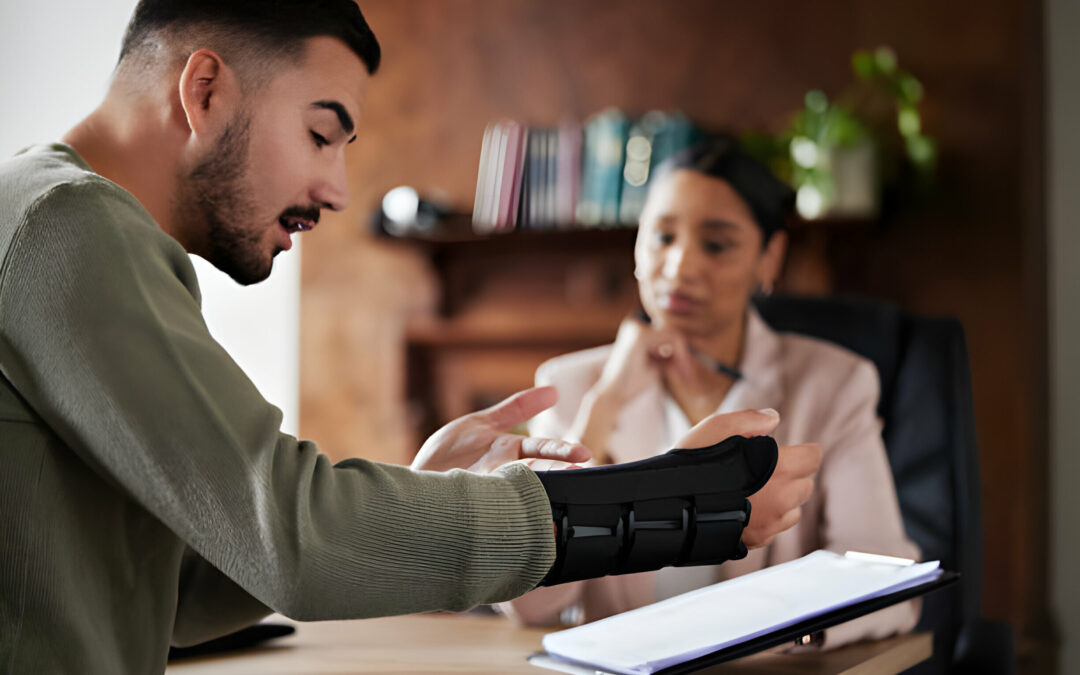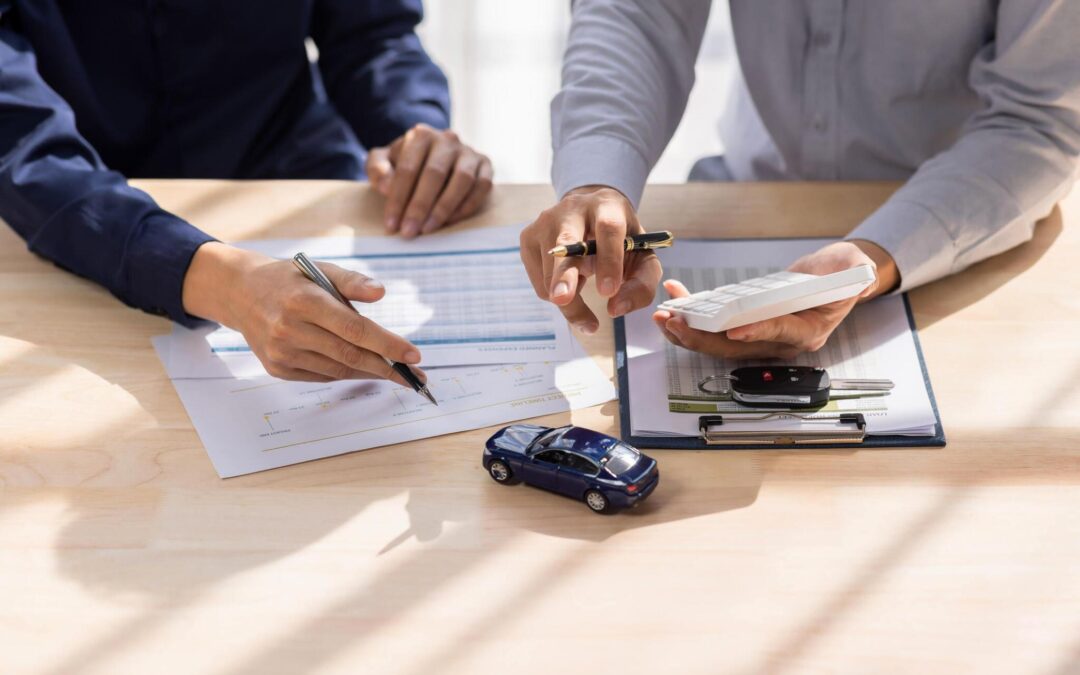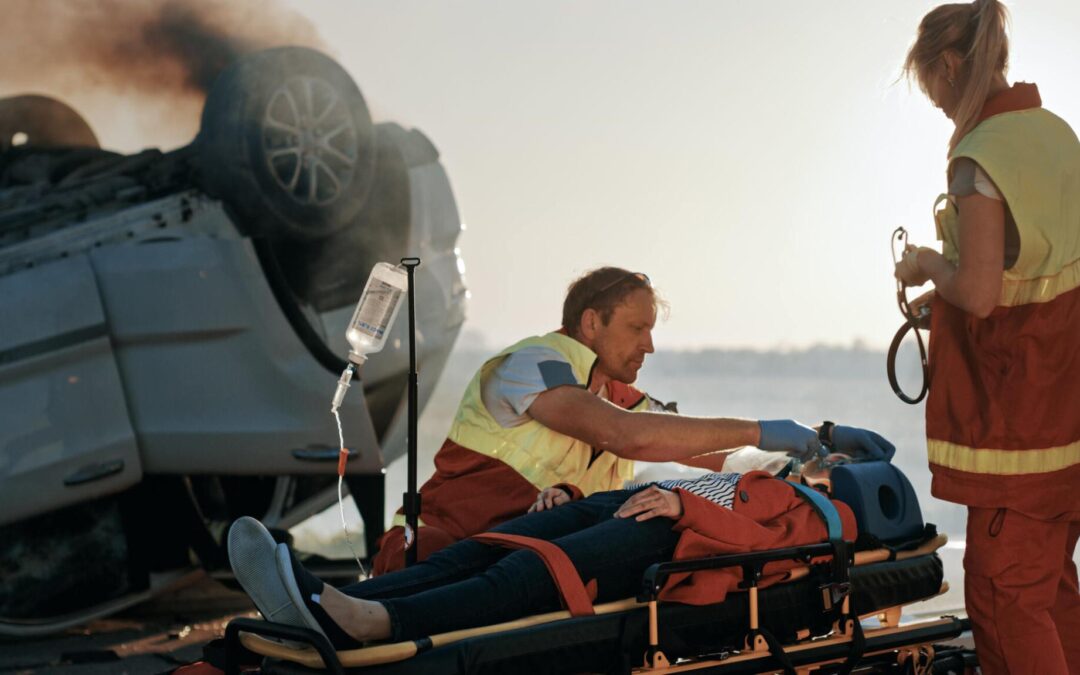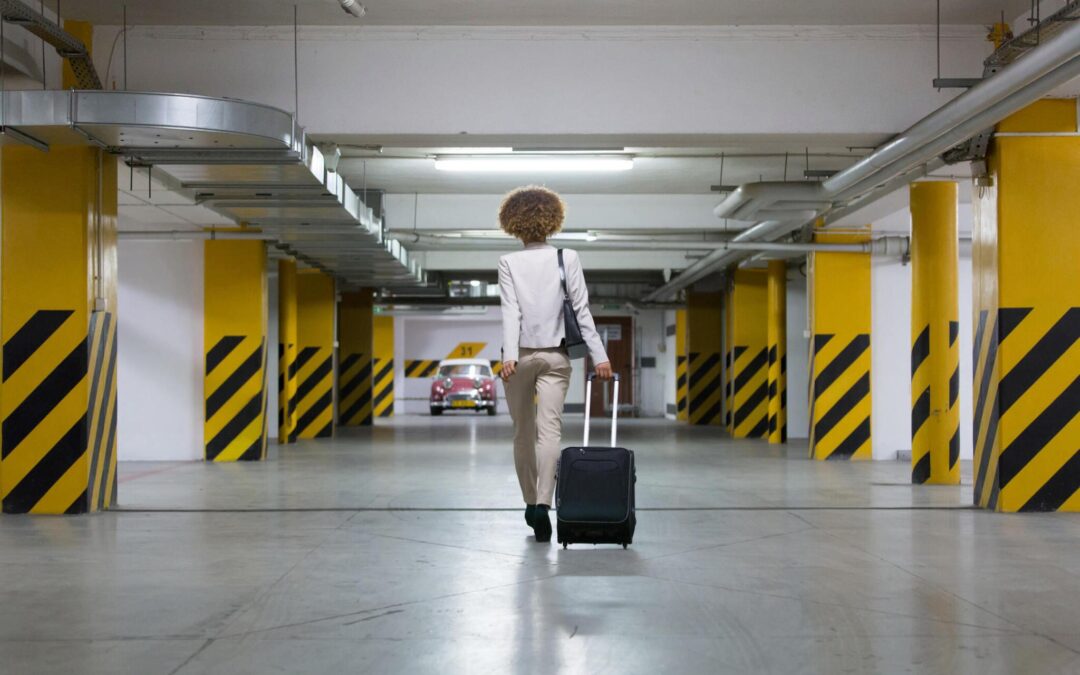Have you ever been in a car accident where you were not at fault? If so, have you wondered what to do after a car accident that’s not your fault? This blog article will explore different options for what to do after a car accident that is not your fault.
What to Do After A Car Accident That’s Not Your Fault
According to the Florida Department of Highway Safety and Motor Vehicles (FLHSMV), more than 400,000 traffic accidents occurred on Florida’s roads and highways, resulting in approximately 254,000 injuries and over 3,000 fatalities.
In addition, Florida is a no-fault state under Florida Statute 627.7407, which means that when you have suffered an injury due to a car accident, your mandatory no-fault coverage will automatically reimburse you for damages regardless of who caused the accident. Here’s what to do after a car accident that is not your fault:
- Speak to a lawyer before speaking with an insurance company
Trusting law enforcement to do their job is crucial. Regardless of who caused the crash, you should answer any inquiries they may have about it. However, do not talk to the insurance company without a lawyer present. Some insurance companies may sway victims into accepting settlement offers, even if they’re less favorable. The insurance adjusters will protect you against the defendant, following proper protocol and your rights.
- Seek medical treatment as soon as possible
Accidents can have severe consequences, leading to life-threatening situations.
- You need to put your health and safety first. Just because you can’t see an injury doesn’t imply you haven’t sustained it. Some accident victims may not fully experience the effects of the accident for hours or even days after it occurs because adrenaline can obscure pain. You should let a doctor check you for typical car accident injuries.
- It may affect your insurance claim. After the at-fault driver is determined, insurance companies and legal defense teams will try to refute your claims and argue that the accident did not lead to your injuries. An important evidence for the court is the medical record of your injuries.
Your medical history gives lawyers additional leverage when trying to resolve a dispute amicably or increase the amount of damages claimed in a lawsuit. It is unfair to expect you to foot the bill for your pain and suffering, missed pay, or medical bills after an accident that wasn’t your fault.
- File an insurance claim under your Florida PIP policy
If you want to preserve evidence in the aftermath of an accident, one of the best approaches is to take pictures and videos of the scene with your phone. Your attorney might need this evidence when seeking responsibility for the accident. In addition, Florida Statute 627.736 requires that registered vehicles in Florida must have a minimum of $10,000 for property damage liability and $10,000 for personal injury protection.
- Gather witness contact information
If you are involved in a car accident that wasn’t your fault, try to gather as much information as possible. This includes witnesses who were present at the scene. You may need witnesses to give statements and take photos. Finally, take recordings of the scene.
- Retain all receipts, bills, and treatment information
You won’t be able to claim your losses if you can’t establish them. This includes gas receipts for traveling to and from the hospital or clinic for treatment or follow-up care and bills for ambulance and emergency services, doctor visits, hospitalization, surgery, and medicines. If you are involved in a car accident that is not your fault, keep every bill and receipt related to the accident. You also must provide your salary information in the form of pay stubs.
Who Pays for Damages When the Other Person is at Fault?
If you’re involved in a car accident that wasn’t your fault, you may wonder who will be responsible for paying for the damages. In most cases, the other driver’s insurance company will be responsible for covering the cost of repairs or replacements. However, the first claim will be with your own insurance company.
If the other driver is uninsured or underinsured, you will still need to file a claim with your own insurance company to get coverage for your damages. Your attorney can help you receive compensation for your injuries beyond your $10,000 PIP coverages.
Ready to Find out What You Should Do if You’re in an Accident That is Not Your Fault?
If you’re involved in an accident that isn’t your fault, it’s essential to know what to do. Contact Pacin Levine at 1-800-247-2727 for a free consultation and advice on how to proceed with your case.


